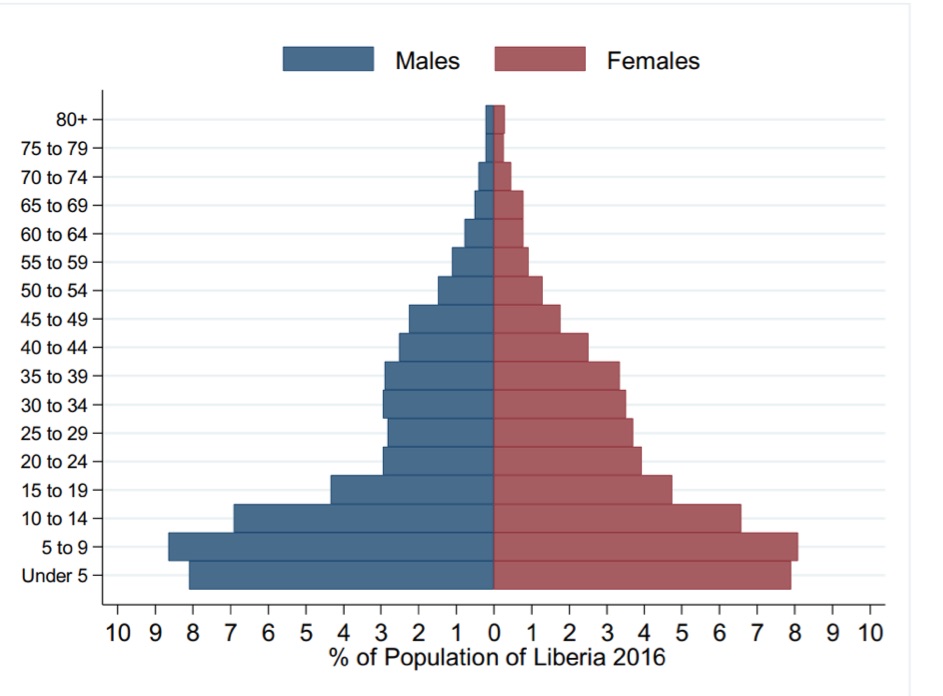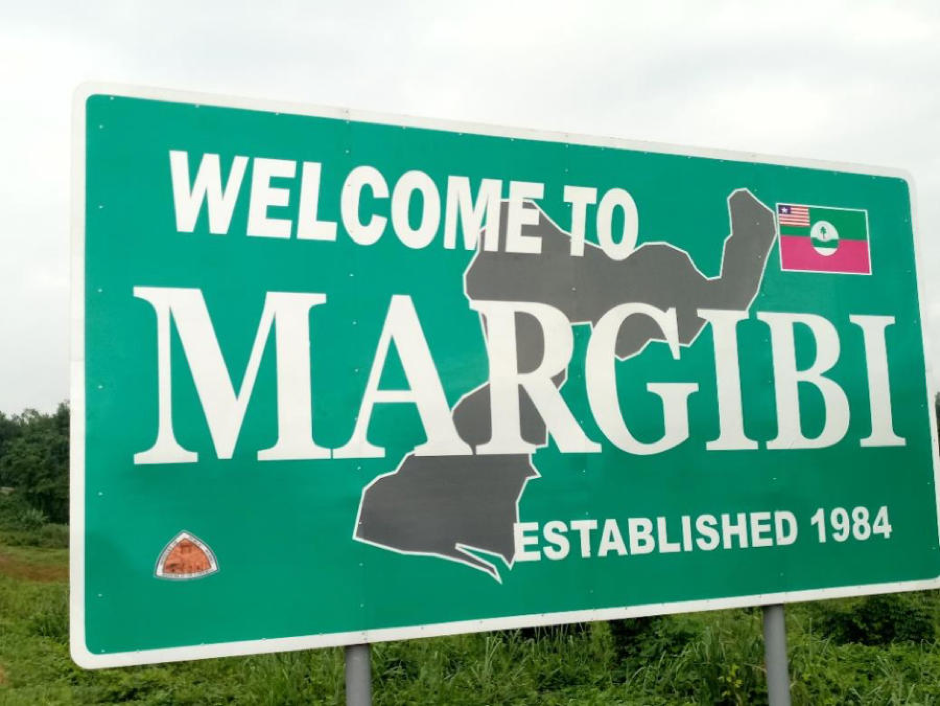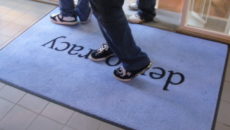HARBEL Margibi – As the discussion heats up around amendments to electoral laws, a cross-section of Margibi citizens say they want the minimum age requirement for voting in national elections to be changed, with many older voters calling for an increase in the age.
The constitution grants voting rights to all persons at age eighteen and above to freely exercise their democratic franchise. There is no upper limit that prevents the elderly from voting.
However, in interviews with Margibi voters, some believed that the framers of the constitution erred by directly copying the voting qualification age for Liberia from America and other countries around the globe.
“Most of the problems we have had as a nation during and after elections can be attributed to the youth or what we term in Liberia as the first-time voters,†said Dakir Lassanah, a man in his early thirties.
“Our own kids at age 18 aren’t living up to the task, especially in decision making, but like I said, that’s the internationally accepted age for decision making.â€
In a previous Bush Chicken report, Cape Mountainian youths were calling for the voting age to be lowered to allow their voices to be heard.
Other countries such as Austria, Brazil, Cuba, Ecuador, and Nicaragua have lowered the voting age to 16. Further, Liberia has one of the world’s youngest population, with the average age of Liberians at 17.9 – the 17th youngest in the world.

Boakai Carl Siaffa, another Margibian in his early thirties, wants the voting age to be changed from 18 to 25. He considered most of the youth in the country to be far too uneducated and unable to make responsible decisions during elections.
In the 2016 Household Income and Expenditure Survey, 35 percent of Liberians were reported to be illiterate. However, illiteracy rates were much higher with Liberia’s older population, with 88 percent of the population aged 15-19 being able to read, while only 54 percent of those aged 35-39 could read.
“There is a clear trend among the population,†the report noted. “Younger Liberians are much more likely to be literate.â€
“In the first place, we need to have a holistic approach to this situation. Most of the youth do not have much education about election processes and how they can go about in voting leaders who present a better platform for the people they intend to represent,†he added.
Siaffa claimed that too many young people who are under the age of 18 are already lying to election workers in order to vote earlier than legally allowed. Siaffa maintained that 18-year-old Liberians are far behind their counterparts in the West in terms of education or decision making.
“I remember during the 2005 election, our parents had to have a special session with us who had reached the voting age to ascertain who we were going to vote for,†he said. “A lot of us opted to have voted for soccer legend George Weah because he was a young man and that he was also popular. After listening to us, our parents convinced us that we should vote for Madam Ellen Johnson Sirleaf, who they labeled [as] being educated and experienced to move Liberia forward after years of civil unrest.â€
John Kpehe, a classroom teacher in his early 40s in Kakata, described the youth as the most vulnerable during elections.
“They are easily and cheaply used in manipulating election results,†Kpehe said.
“In the last school I was teaching, the founder of the school, who was an aspirant [for political office], registered hundreds of first-time voters who were mostly not eligible to vote. Right after their registration, he gave them small money and took possession of all their voter registration cards.â€
Kpehe said Liberia can only make progress when voters are conscientious enough to weigh candidates and vote based on experience and qualification.
However, Fredrick Varnie, a Margibi international public policy expert in his mid-thirties, has a different look on the minimum voting age.
Instead of increasing the age, Varnie said it should be reduced from 18 to 17 to ensure adequate representation of the youthful population since a considerable amount of the population are below 18. He added that many students are now even graduating from high school at ages as low as 16.
“The issue of legitimacy of some elected officials has been of interest to me. For instance, there have been instances where 1,000 voters elect the representative of a district that has 45,000 registered voters or inhabitants. In such a case, one could argue that even though the election was legal, [it was] not legitimate,†Varnie said.
He had other ideas for improving the electoral system: “There are a couple of things that could be done. Introduce the compulsory banking system wherein registered voters who do not vote in an election pay a little amount as fine.â€
Varnie also called for the introduction of an academic qualification requirement for candidates contesting for representative and senatorial positions.
However, while calling for the minimum voting age to be decreased, he wanted to see the minimum age for representative and senators increased.
This article was produced with funding from Internews for the Citizens in Liberia Engaged to Advance Electoral Reform (CLEAR) project.
Featured photo by Emmanuel Degleh



